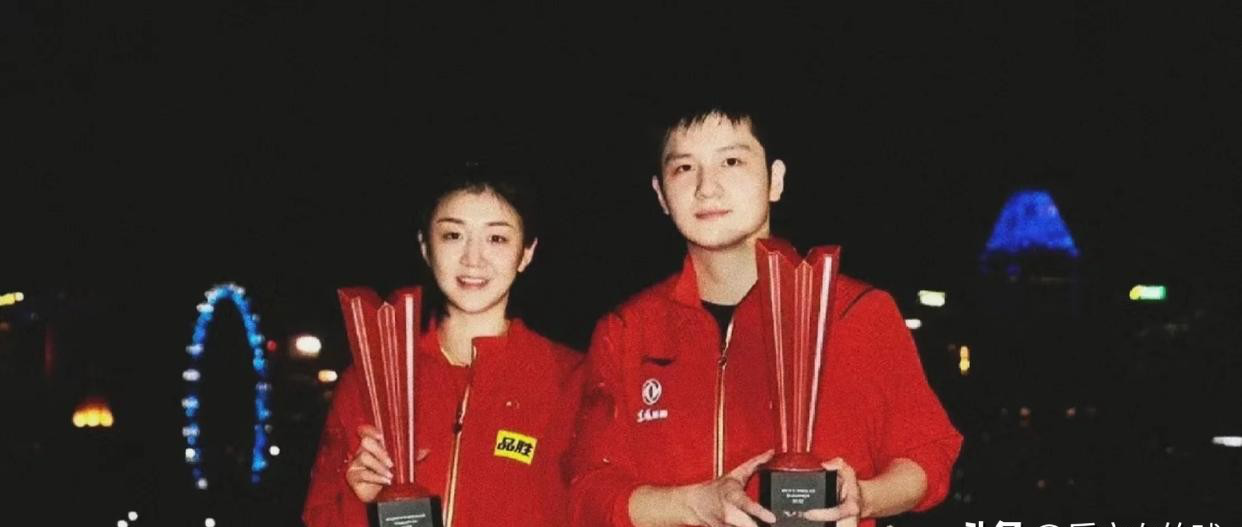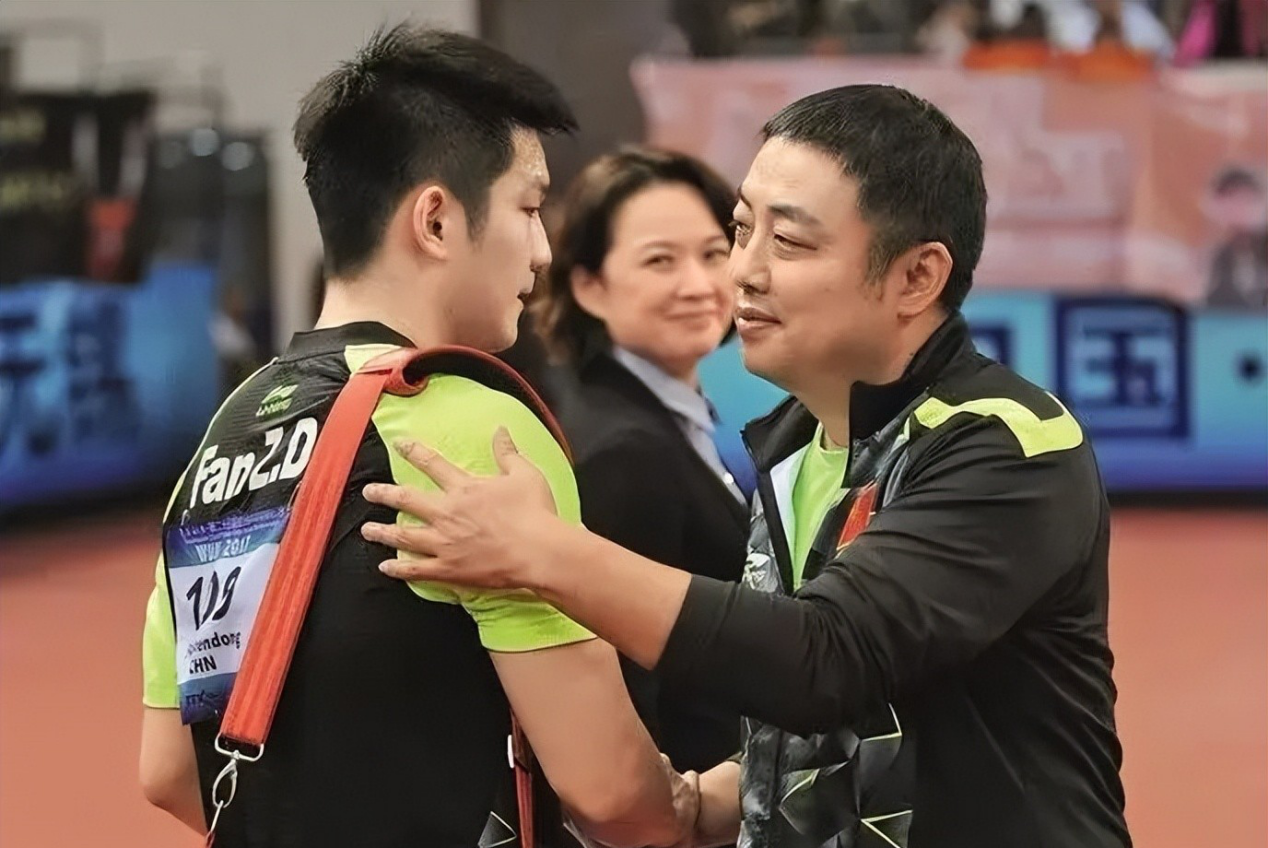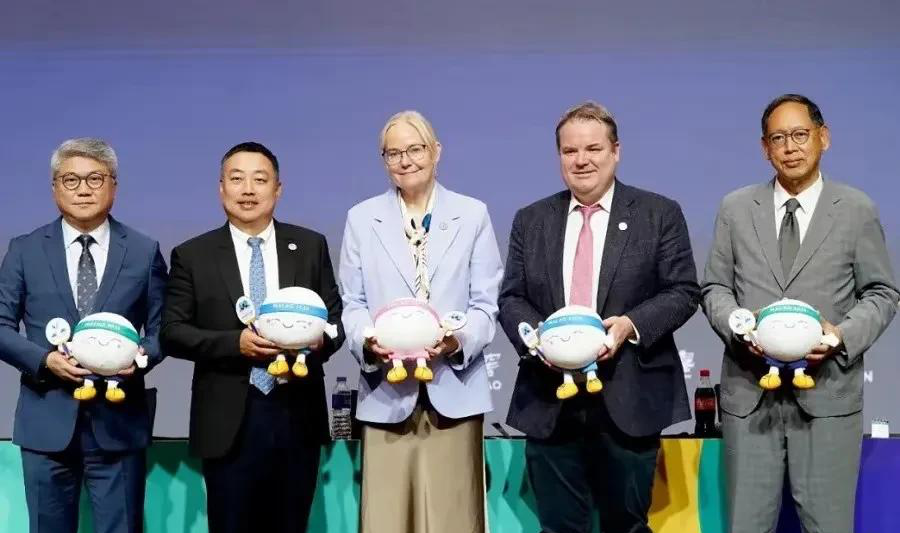The withdrawal of Fan Zhendong and Chen Meng from the international rankings has caused a stir, ultimately boiling down to an endless game of blame-shifting. Neither the International Table Tennis Federation (ITTF) nor the World Table Tennis Corporation (WTT) wants to take responsibility, leaving Liu Guoliang caught in the middle with a tough position. This matter appears simple on the surface, but it's actually quite complex.
It all boils down to money. Fan Zhendong and Chen Meng were happily participating in competitions until they were suddenly informed that non-participation would result in fines. Who could be happy about that?
WTT claims that the rules have been in place for a while, yet Fan Zhendong directly refuted online, stating that no one had ever told them about potential fines. This makes the situation even more intriguing.
Determining whether these rules are new or old is unclear at this point, but the athletes are undoubtedly the ones caught in the most uncomfortable position.

The ITTF is not backing down either. President Sörling spoke up, expressing surprise at the withdrawal of the two Olympic champions and claiming that they hadn't received an official response from the Chinese Table Tennis Association (CTTA).
This statement may sound ordinary, but it's actually putting pressure on the CTTA. After all, the withdrawal of such prominent athletes should warrant an official response from the association.
Currently, the athletes want to compete but don't wish to be bound by these rules. However, not following the rules isn't an option, leaving them in a difficult situation.
One wonders if the feelings of the athletes were considered when these rules were established. It seems now that the athletes are being put through the wringer.

Liu Guoliang's current situation is hard to describe. He holds three positions: Chairman of the WTT Board of Directors, Vice President of the ITTF, and Chairman of the CTTA.
WTT's statement deliberately avoided mentioning Liu Guoliang's name, appearing to protect him. However, it's unclear whether there's a hidden implication behind this omission.
As ITTF President, Sörling's recent stance clearly aims to create difficulties for Liu Guoliang, given her status as an International Olympic Committee member, which is no small feat.
The relationship between the two has never been particularly harmonious. Sörling's remarks at the Durban World Championships already revealed her dissatisfaction with Chinese table tennis.

Liu Guoliang responded by saying that only when we are well can the world move forward, which sounds polite but is actually confrontational.
The current international table tennis scene appears harmonious on the surface but is actually filled with undercurrents, with various forces vying for influence.
Chinese table tennis' strength alone makes many people uncomfortable. Now, with this incident, relations have become even more delicate.
Sörling's stance this time seems to be concerned about the development of events but is actually exerting pressure on the CTTA.

The relationship between the ITTF and WTT is already complicated, and this additional incident makes things even murkier.
Interestingly, both organizations emphasize that they are acting for the athletes' benefit, but their specific approaches differ significantly.
In this situation, the athletes become the most innocent party, wanting to play well but getting caught up in these complex struggles.
The sports circle is no longer just about competition; there are too many underlying factors involved.
Liu Guoliang can only choose silence now because nothing he says would be appropriate. In this case, remaining silent might be the best choice.
How this matter will end is still uncertain, but one thing is clear: this is far from a simple issue of withdrawal.
For Chinese table tennis, this could be a turning point, potentially changing the direction of future development.